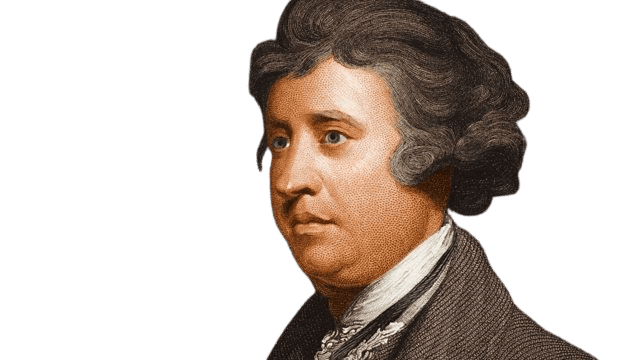Life and achievements
Early life
The 12 January 1729 birth of Edmund Burke took place in Dublin, Ireland, to parents with different religious affiliations. Edmund Burke's father, Richard Burke, served as a Protestant solicitor, yet his mother, Mary Nagle, belonged to the Catholic faith. The coexistence of Protestantism and Catholicism in Burke's early life revealed to him the religious conflicts in Ireland.
Burke started his studies at Trinity College Dublin at age fifteen to pursue classics, history, and philosophy classes. In 1747, Burke established the Burke's Club, which eventually combined with the Historical Society, which continues to operate as one of the oldest university societies today.
Legacy
Edmund Burke's legacy is vast. Through his work, he created modern conservative thought and developed political philosophy and governance systems. His ideas have left a lasting impact on multiple political schools, including classical liberalism and conservatism, while his thoughts serve as foundations for modern discussions about government operations, social developments, and reform initiatives.
The political ideas of Edmund Burke extended beyond his conservative beliefs to shape liberal theories. His support for constitutional government and his backing of free trade and the rule of law made liberals embrace him as an advocate of economic and political freedoms.
Burke's ideas expanded across three central ethics governance and imperial policy areas. Burke established a pioneering system for colonial administrative accountability through his fight against corruption in British India and his participation in the Warren Hastings impeachment.
Milestone moments
Dec 6, 1765
Elected to Parliament
When Burke joined the House of Commons, he became a member of the Whig Party, which launched his extended period of political impact.
Apr 6, 1774
Speech on American Taxation
During his speech, he forcefully argued against Britain's oppressive taxation measures directed at the American colonies.
Nov 6, 1790
Publishes Reflections on the Revolution in France
The publication emerged as a leading anti-radical treatise that criticized revolutionary political transformations.
Apr 6, 1786
Leads the Impeachment of Warren Hastings
Burke directed the British trial against corruption in India through his leadership to protect ethical governance and justice.
